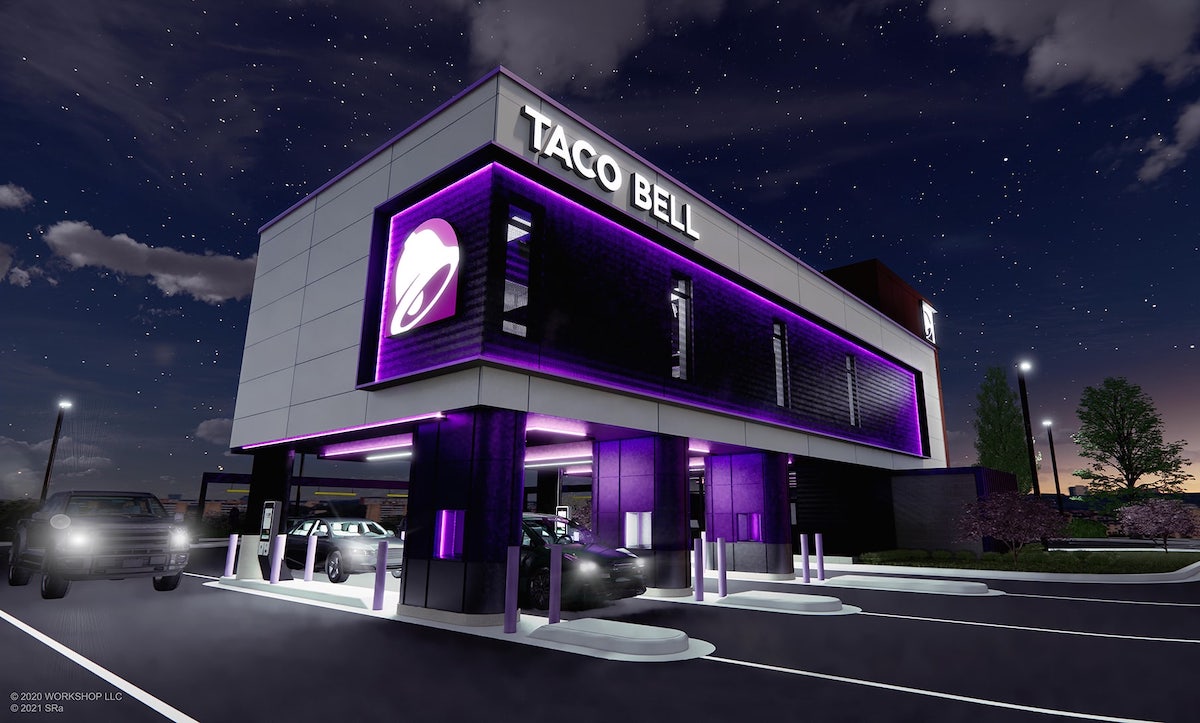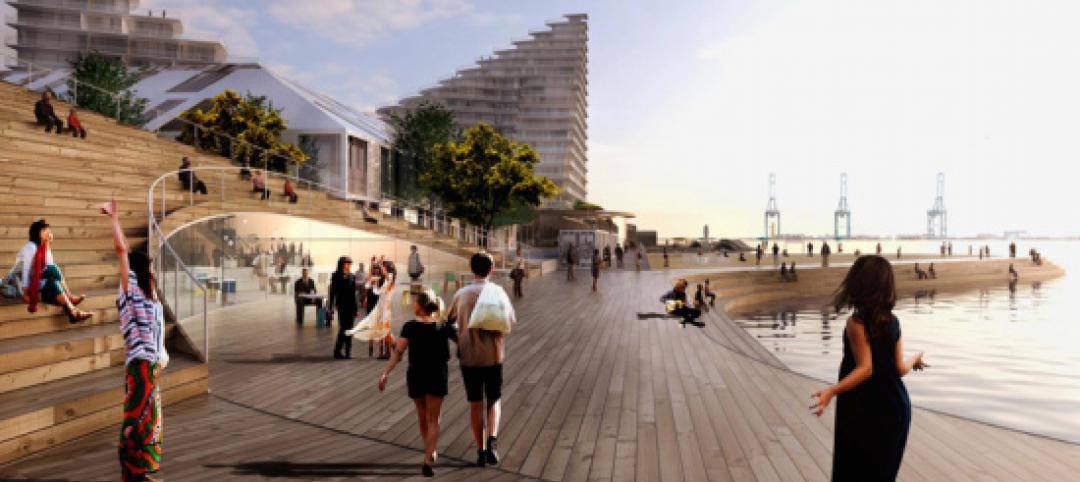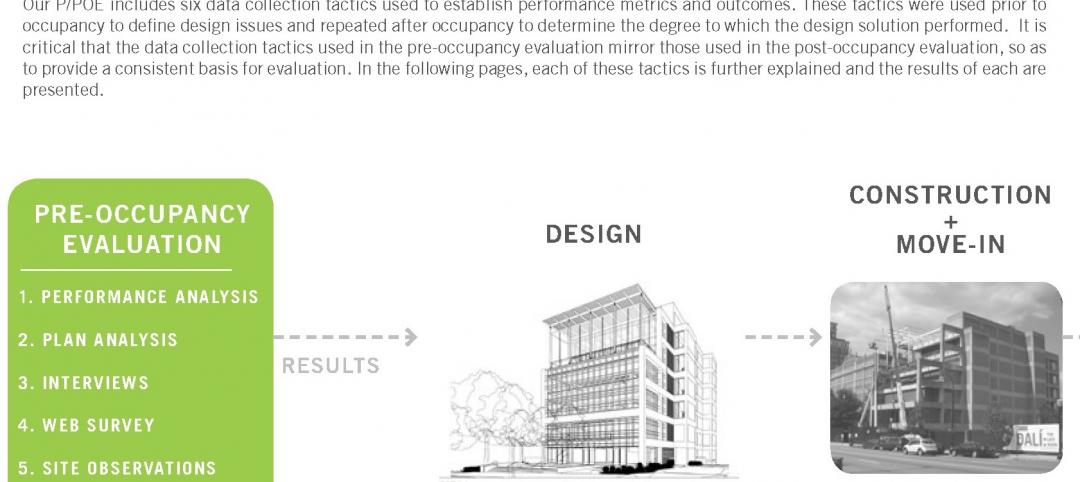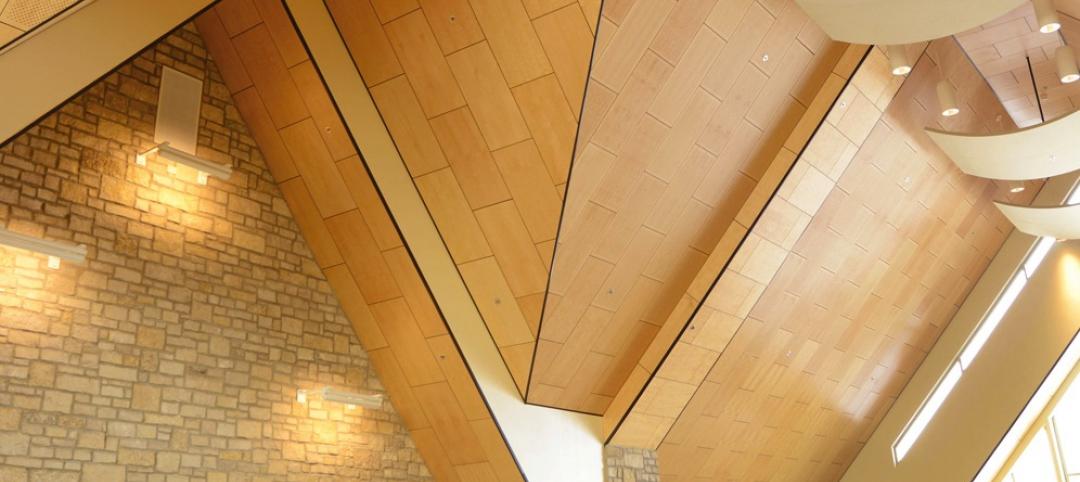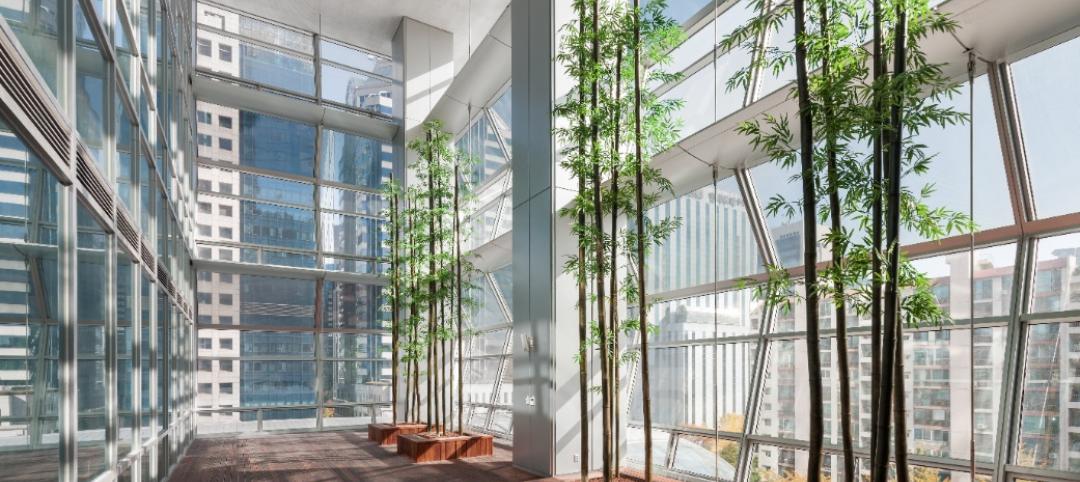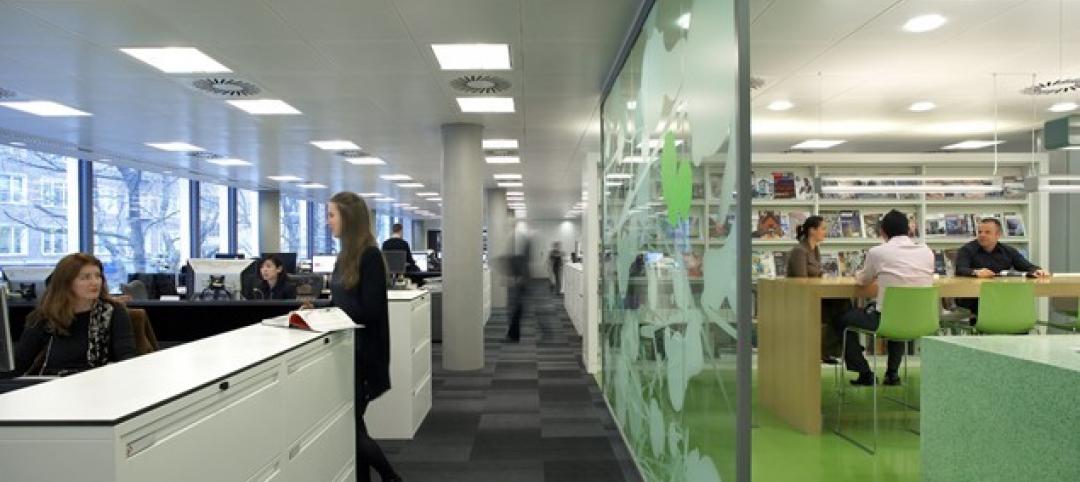Taco Bell Defy, an innovative new Taco Bell restaurant design that will “defy norms and define the future,” is set to break ground in Brooklyn Park, Minn., later this year.
The 3,000-sf, two-story restaurant concept features a first-of-its-kind Vertical Works-licensed design with a footprint that will be smaller than or equal to existing store footprints but have the ability to serve more customers. The project will reimagine the traditional drive-thru experience to create a new, contactless pickup experience that will be the fastest way ever to get Taco Bell.
The new drive-thru experience will feature four lanes, three of which are dedicated to mobile or delivery order pickups for customers who order through the Taco Bell app and third-party delivery services. The three lanes will supplement one traditional lane to ease the flow of traffic and ensure the speedy experience.
SEE ALSO: Chick-fil-A introduces modular building program for rebuilding and remodeling existing restaurants
Digital check-in screens will allow mobile order customers to scan in their order via a unique QR code. Customers can then pull forward to receive their food courtesy of a proprietary lift system that integrates two-way audio and video technology so customers can interact directly with the team members above in real time. This elevated kitchen design will optimize and streamline operations for the benefit of both team members and customers.
In addition to Vertical Works, Taco Bell Defy is also made possible by Border Foods, one of the largest privately held Taco Bell franchisees in America. Taco Bell Defy is slated to open to the public by summer 2022.
Related Stories
| Oct 27, 2014
Report estimates 1.2 million people experience LEED-certified retail centers daily
The "LEED In Motion: Retail" report includes USGBC’s conceptualization of the future of retail, emphasizing the economic and social benefit of green building for retailers of all sizes and types.
| Oct 16, 2014
Perkins+Will white paper examines alternatives to flame retardant building materials
The white paper includes a list of 193 flame retardants, including 29 discovered in building and household products, 50 found in the indoor environment, and 33 in human blood, milk, and tissues.
| Oct 15, 2014
Harvard launches ‘design-centric’ center for green buildings and cities
The impetus behind Harvard's Center for Green Buildings and Cities is what the design school’s dean, Mohsen Mostafavi, describes as a “rapidly urbanizing global economy,” in which cities are building new structures “on a massive scale.”
| Oct 12, 2014
AIA 2030 commitment: Five years on, are we any closer to net-zero?
This year marks the fifth anniversary of the American Institute of Architects’ effort to have architecture firms voluntarily pledge net-zero energy design for all their buildings by 2030.
| Sep 25, 2014
Bjarke Ingels headed home for latest project: Aarhus Island
Aarhus Island will be a waterside development in Denmark's second-largest city. The mixed-use development will implement Ingels' signature angled look in its residential towers.
| Sep 24, 2014
Architecture billings see continued strength, led by institutional sector
On the heels of recording its strongest pace of growth since 2007, there continues to be an increasing level of demand for design services signaled in the latest Architecture Billings Index.
| Sep 22, 2014
4 keys to effective post-occupancy evaluations
Perkins+Will's Janice Barnes covers the four steps that designers should take to create POEs that provide design direction and measure design effectiveness.
| Sep 22, 2014
Sound selections: 12 great choices for ceilings and acoustical walls
From metal mesh panels to concealed-suspension ceilings, here's our roundup of the latest acoustical ceiling and wall products.
| Sep 15, 2014
Ranked: Top international AEC firms [2014 Giants 300 Report]
Parsons Brinckerhoff, Gensler, and Jacobs top BD+C's rankings of U.S.-based design and construction firms with the most revenue from international projects, as reported in the 2014 Giants 300 Report.
| Sep 9, 2014
Using Facebook to transform workplace design
As part of our ongoing studies of how building design influences human behavior in today’s social media-driven world, HOK’s workplace strategists had an idea: Leverage the power of social media to collect data about how people feel about their workplaces and the type of spaces they need to succeed.


